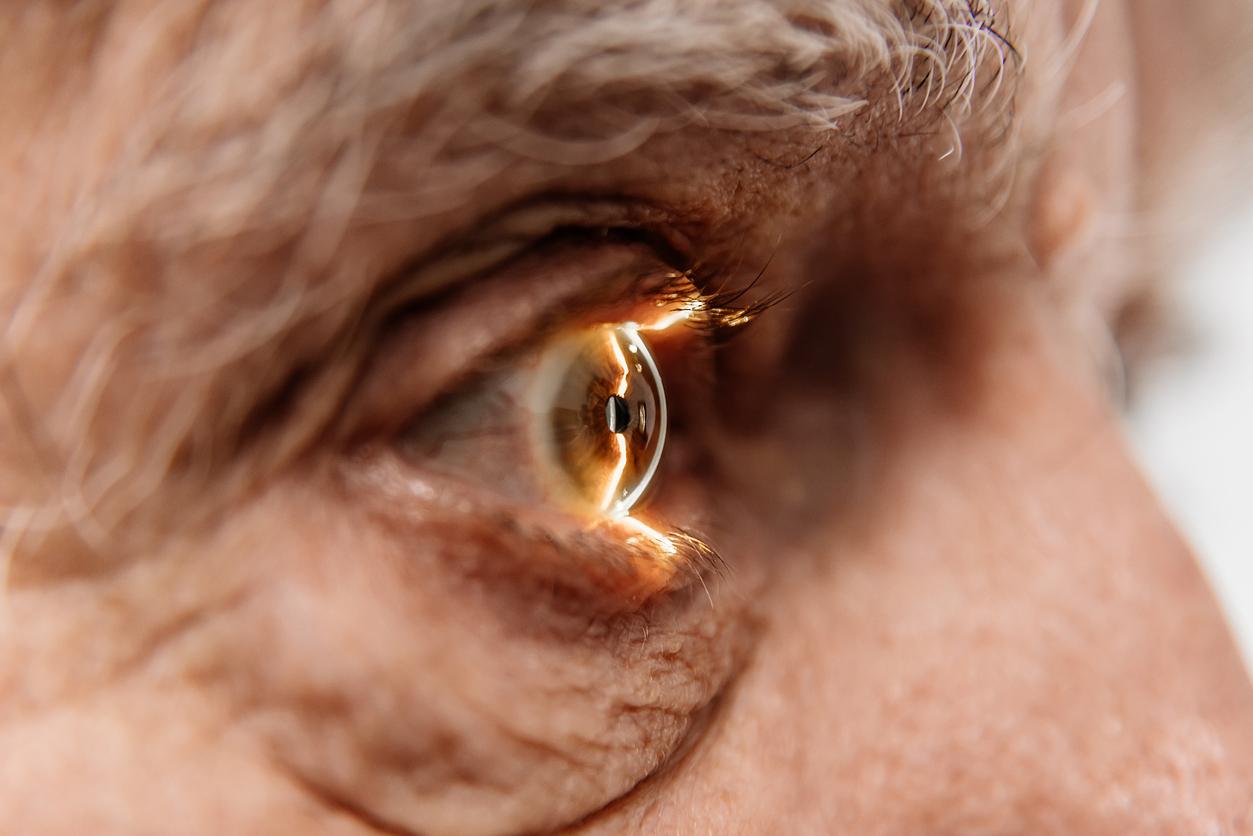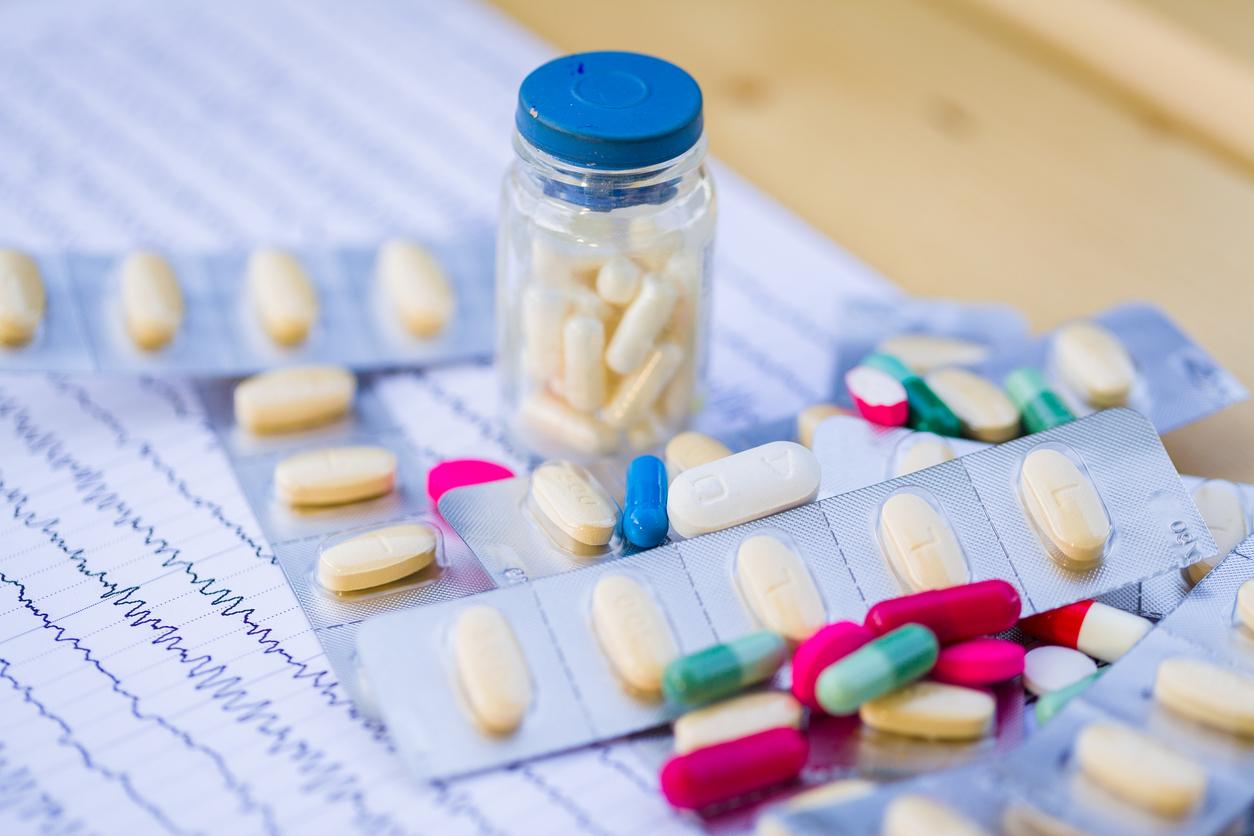Will there be “Dépakine grandchildren” as there are Distilbène grandchildren today? The Apesac association, which brings together victims of the drug prescribed against epilepsy, has been wondering for several years about the transgenerational effects of sodium valproate. So she comes from publish a study on the impact of Depakine on the children of people who were exposed to the drug in-utero.
Apesac carried out this study by questioning 108 members of the association who had been exposed to valproate in utero (85 women and 23 men). These 108 adults had a total of 187 children, who themselves were not exposed to valproate. However, almost a quarter (23) have malformations and almost half (88) neurodevelopmental disorders, some combining the two.
Among their 187 children, members of the association reported:
- 26 children with hand or foot malformations
- 15 Having Dysmorphic Facial Features
- 10 with renal/urological malformations
- 6 spina bifida
- 4 heart defects
- 2 Craniosynostosis
- 2 cleft lip and palate)
- 63 children with problematic behaviors and autism
- 41 of psychomotor disorders
- 16 language problems
- 6 attention deficit
- 5 mental retardation)
Only 88 (47%) children had no malformations or developmental disorders. “People exposed in utero to valproate should be informed of the risk, so that they can consider fertility options, prenatal diagnosis and adequate early monitoring,” the authors emphasize: Catherine Hillepidemiologist at the Gustave Roussy Institute, Susan Bewley Emeritus Professor of Midwifery and Women’s Health at King’s College London, Alastair H. Maclennan director of the cerebral palsy research group at the University of Adelaide (Australia) and Dr Alain Braillon.
Source : Transgenerational adverse effects of valproate? A patient report from 90 affected familiesBirth defects research, December 202

















